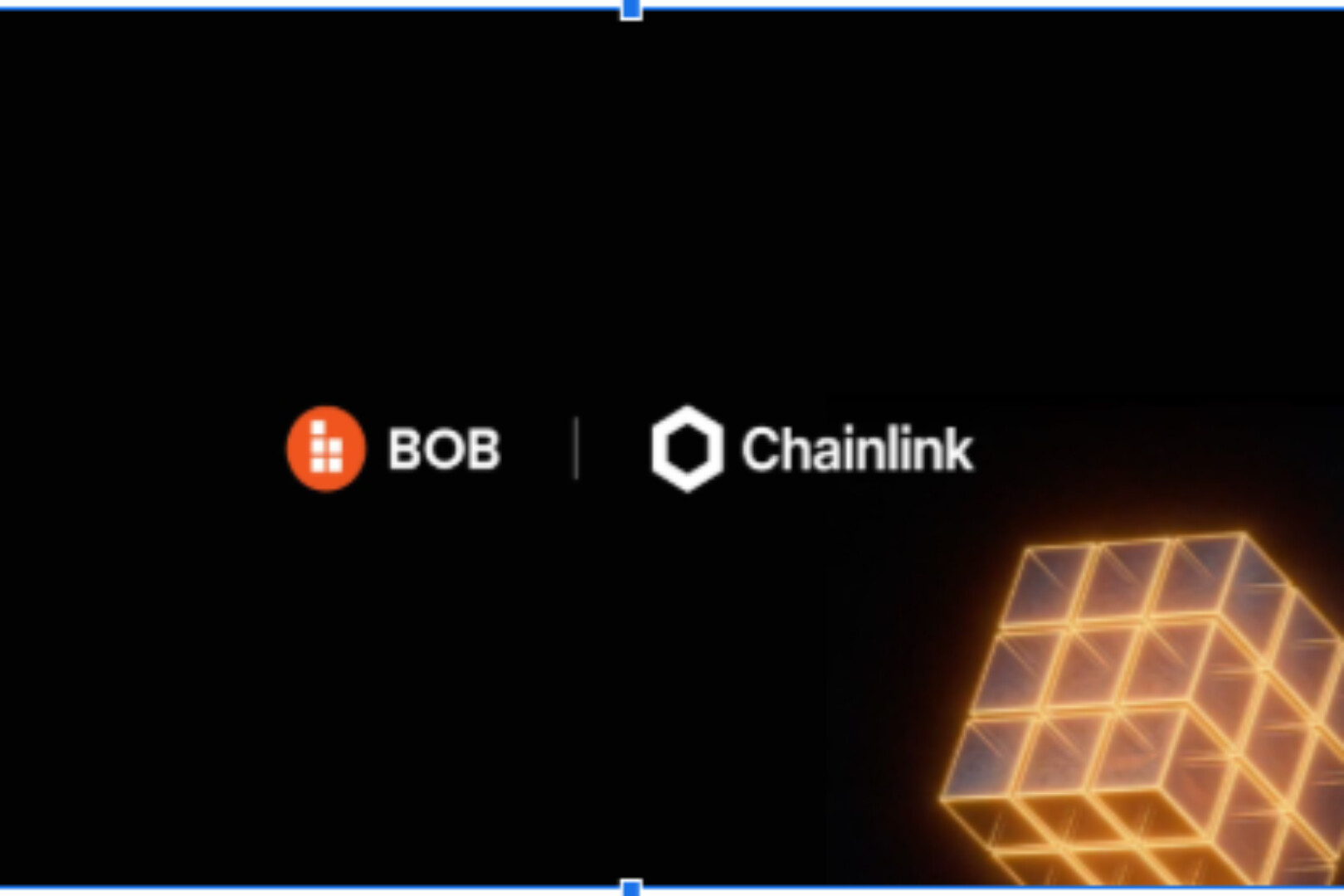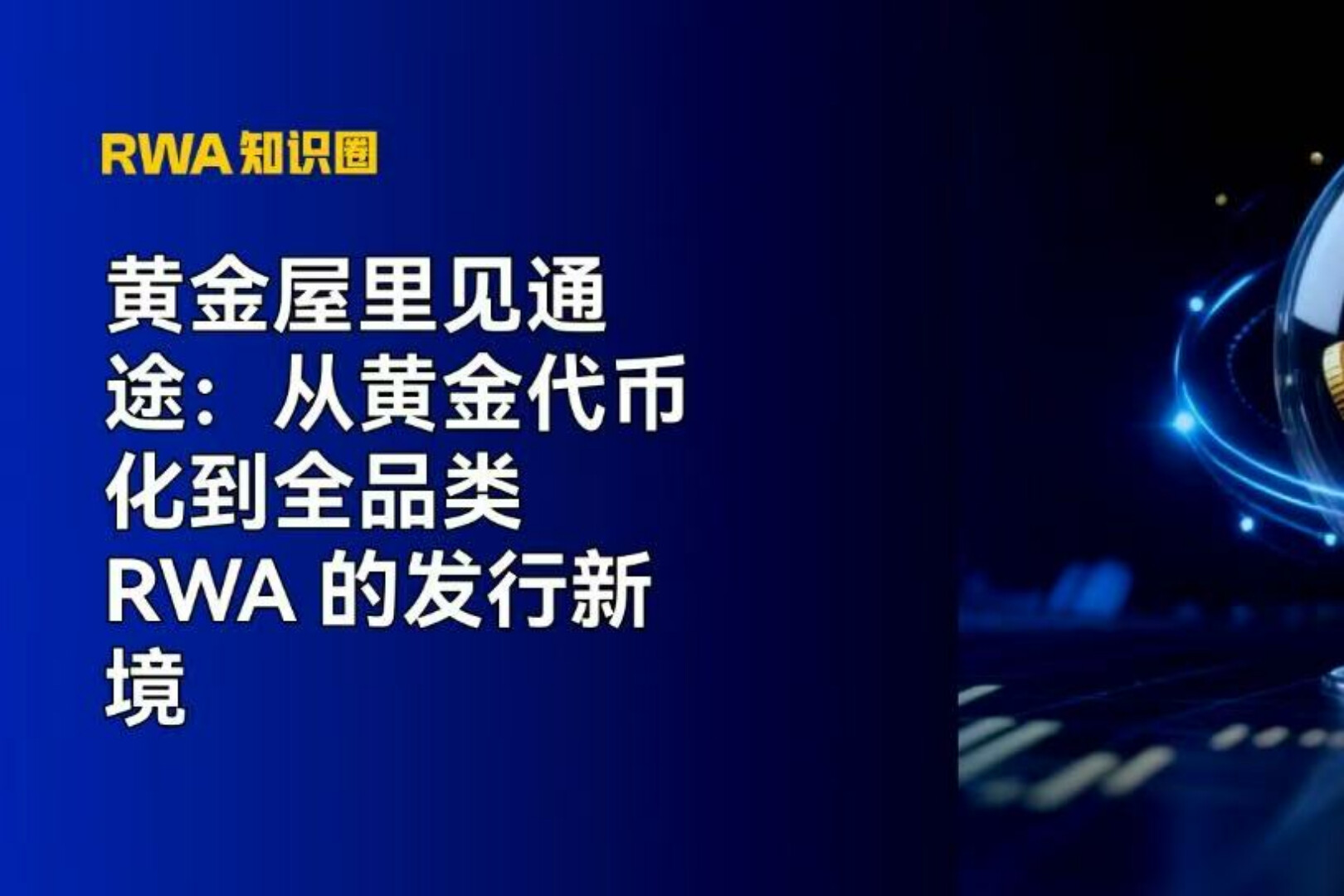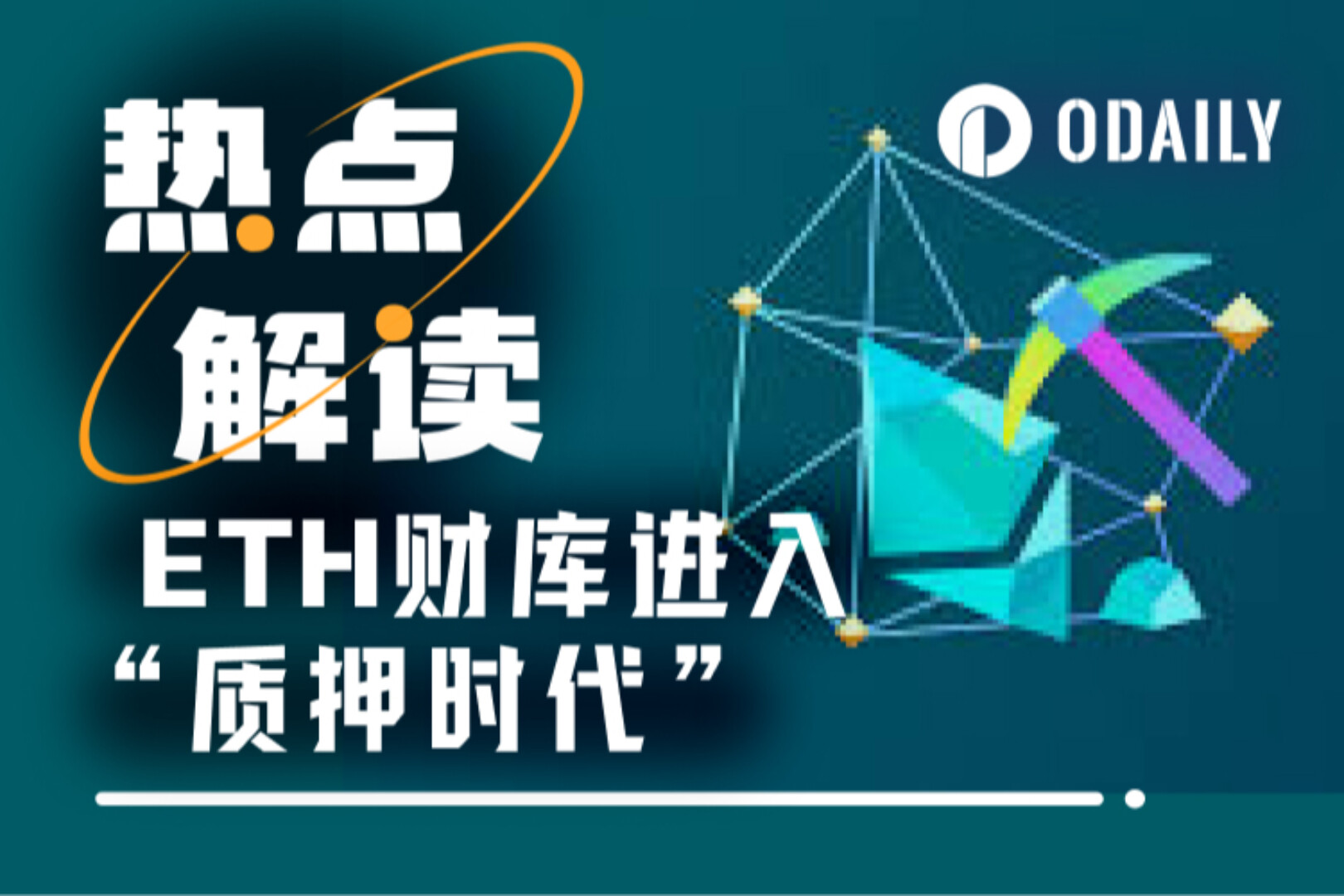
Looking back in 2008, Satoshi Nakamoto published the Bitcoin white paper. As of today, the blockchain has been developed for nearly ten years. In the past ten years, the blockchain has been implemented from a concept, and has continuously evolved from an obscure technical vocabulary to a beautiful vision combined with various industries. In recent years, discussions on the prospect of blockchain have been raging. Some people think that it is just a castle in the air, flashy, but some people firmly believe that "blockchain can change the future". Under the noisy voice, we want to know more about the practitioners in the blockchain industry, their judgment on the status quo of blockchain development and their thinking on the future.
key problem:
key problem:
What stage is blockchain in? What is the biggest bottleneck to be solved right now?
What do you think of the role of blockchain? Future applications and integration with the real economy.
Core point of view:
Core point of view:
The blockchain is still in its early stages, and technical issues are the biggest bottleneck facing the current public chain;
Traditional fields such as finance, games, traceability, and advertising are currently more suitable application scenarios for blockchain, and new blockchain scenarios may appear in the future;
secondary title

The following is the record of the round table:
Core question 1: What stage is the blockchain in? What is the biggest bottleneck to be solved right now?
Host Lu Xiaoming: In the past two years, while the blockchain has been promoted, it has also received a lot of controversy. What kind of stage do you think our blockchain is in now? Now what do you think is the biggest problem to be solved, or what is the bottleneck that needs to be broken through?
Liu Duran:Jia Yaoqi:
Jia Yaoqi:It has been almost ten years since the Bitcoin system was first listed in 2009. Overall, the biggest application scenario at present is still in payment. At the same time, the smart contracts on Ethereum also let everyone see the potential of blockchain in the future.
I think there are many deficiencies in the technology of the blockchain itself: one is the problem of throughput, which limits many developers to develop more interesting applications, because the underlying layer does not support it; the other is that there are various smart contracts. The loopholes, and its security risks have also caused many large companies to dare not use it; there is also a security and privacy issue. In the future, if the blockchain is really used as an underlying architecture, everyone, including large companies, will store data in the blockchain. On the block chain, more privacy protection is needed.
Luo Zengyu:It is true that the blockchain is at a stage of infrastructure. Whether it is technology or the understanding of blockchain ideology, I think it is not very mature now, and it still needs a certain amount of time to settle.
But if we talk about its status quo, its popularity actually does not match the current status quo of technology. To some extent, this will lead to some teams working with original intentions to be affected by some vain enthusiasm. , this is where I think it's not so good right now.
Li Xiaozhou:I think the development of blockchain is in a very, very early stage. For the entire industry, I think the existing bottleneck is definitely a technical problem. So far, when there are more than a dozen operations per second on the blockchain, what do you think about? Most of the landing scenes are unrealistic.
So I think everyone should still focus on performance improvement now. Only when the performance of the blockchain can reach a certain scale, people will have a real landing scenario application, and it will come out naturally, otherwise everything It's all fantasy.
Core question 2: How do you view the role of blockchain? Future applications and integration with the real economy
Moderator Lu Xiaoming:After listening to the sharing of several guests, we found that they all think that the blockchain technology is in a very early stage, but when we look back at the history of the entire computer and Internet development, no one thought about it in the early days. A machine that calculates the arithmetic sequence, Eventually it will develop into a general-purpose computer. So now some people are starting to reflect on whether the blockchain, that is, Ethereum as a general-purpose calculator, is a correct understanding? I would like to ask all the guests what do you think of the role of blockchain? And what kind of application will it get in the future? And how to integrate with the real economy?
Liu Duran:Let me answer this question first. Let's look back at the development of the Internet. There are decades of development in the middle. Even in the early days of Internet development, under the premise of limited technology, we still have word games, forum bbs with words, and we can still find some technical information. pleasure.
Jia Yaoqi:
Jia Yaoqi:In fact, in the process of participating in the construction of blockchain ecology and underlying protocols in the past few years, I have talked with many friends and practitioners about such a question: Do we use the right technology in a corresponding scenario? For example, as early as 9 years ago, everyone may have expected an online delivery of the public chain system, but gradually, everyone saw the potential, and then wanted to run some applications on it. Because at the time of the initial design, everyone did not consider that it will exist as a world-scale distributed computer in the future, so there are so many problems now.
Looking at it now, you can also see that there are many speakers who have mentioned that based on the openness, transparency and immutability of the blockchain, Baidu put Baidu Encyclopedia on the chain, and some large companies put the data of the supply chain Put it on the chain, including some bill information on the chain. No one said that there may be some Internet giants such as Google, Facebook, Ali, and Tencent in the future.
I personally feel that on the one hand, we are exploring existing application scenarios. On the other hand, I still believe that in the future, there will actually be an application scenario unique to the blockchain, but we have not seen it yet, which may be limited Technology, and everyone's exploration of this area is not enough. But as technology continues to iterate and update, we may see some more novel and interesting products in the future.
Luo Zengyu:What I have been focusing on are two points: 1. The value shift that the blockchain can realize; 2. The large-scale collaboration method that the blockchain can realize. In fact, these two directions can be deep or shallow, and can be done very simple or very complicated.
As for value transfer, as Dr. Jia mentioned before, it can be realized in such a minimal way as payment. From a global point of view, payment has already been implemented to a certain extent. In China, there are also banks and securities companies that apply alliance chain solutions to liquidation and vouchers. I think it is also a very good way to explore.
As for the collaboration, we need to see its incentives and governance in a transparent and open environment. This is relatively complicated because it involves the establishment of an economic model. I personally think that there may be several industry directions that are more suitable to be combined with the thinking logic of the blockchain, which is what we have been focusing on.
One is games. I pay more attention to the development of the developer community, and found that many developers will eventually cut into blockchain applications from the perspective of games; the other is advertising. As a guest mentioned before, there are many islands of information in the advertising field Moreover, its Internetization is already very advanced, and it may be able to enter the blockchain in one step; there is another field, that is, knowledge payment, the blockchain version of Zhihu.
Li Xiaozhou:Many people reflect on whether Ethereum is the right path? I think it is a correct path, because when designing a system, there is a principle that is often the same, that is, when you do not sacrifice performance on a large scale, you always make the system more general, more programmable and more efficient. Well, because after general use and performance improvement, various applications will emerge on it.
If the blockchain is just a payment, it must have its application scenarios and significance, but it lacks transformation. To give a very simple example, everyone said that a very important application scenario of the blockchain: transfer, the transaction between the two parties does not mean how much money I gave you, but how much money I will give you after what you want to do? It must be packaged as a whole. Just like the example I gave in my speech just now, I will only give you money if you win my game of chess. Therefore, in order to form such a general and simple conditional payment, a programmable blockchain platform that handles various complex logics is necessary.
Core Issue 3: "Change" and "Invariance" in the blockchain field
Moderator Lu Xiaoming:After listening to the sharing of the guests, they all agree that the blockchain has greatly changed the industries of advertising, games and finance, but they are more looking forward to the exciting applications of this technology after it is perfected. In fact, the guests are all entrepreneurs. In recent years, we may see some changes and changes in this field, so in the next few minutes, the guests can summarize the changes and changes in one sentence.
Liu Duran:I joined this industry last year. In this year, I see that what remains unchanged in this industry is that we have an industry cycle, but what has changed is that this cycle is accelerating and amplifying.
Jia Yaoqi:
Jia Yaoqi:From a technical point of view, what remains unchanged are the few characteristics of the blockchain: decentralization, non-tamperability, and openness and transparency. What has been changing is the optimization and update of the industry's technology and market. You can see that more and more new technologies such as capacity expansion technology, security, and privacy protection technology are being integrated into the blockchain, and various application scenarios are constantly changing, optimizing, and advancing with the times. At the same time, investment institutions, including the market, are also promoting the development of the entire blockchain industry.
Luo Zengyu:Canaan defines itself as a classical blockchain start-up company. As an entrepreneur, what remains unchanged is our long-standing pursuit of technology. What has changed? What has changed is actually the adjustment of the layout as the entire industry and the environment change. In the past, we would be more focused on doing things, but now in addition to doing things, we also need to do ecology, and we need to have more cooperative relationships to deal with the rise of the entire blockchain industry one day in the future. Don't understand what other people are doing. So we will also support some entrepreneurs and some team projects that we think are very good and promising.
In this process, from the perspective of investment, there are actually some things that have changed and remained unchanged. What remains unchanged is people, technology, and hard power; the change may be that with the advancement of the blockchain industry, we will focus on certain tracks at this stage, maybe infrastructure, and then there may be other ones in the future. A brand new track, I think this has changed.
Li Xiaozhou:I think that the entire blockchain industry, whether it has changed or not, is very obvious. In the short term, this change is simply too fast: there will be various new projects coming out, and some projects will gradually disappear; looking at it, the entire business environment, including policy changes, is actually very fast.
But from the perspective of an entrepreneur, we can also see that one thing remains unchanged, that is, everyone's exploration of the technical road and its direction remain unchanged. Blockchain does not lack talents, because many of the technical points it involves are traditional distributed systems and applications of cryptography. Therefore, as long as everyone is firmly optimistic about this direction, more and more talents in traditional fields will come to the blockchain industry.
Moderator Lu Xiaoming:After listening to the development of several entrepreneurs from classical blockchain to recent entrepreneurs, we can see that the overall blockchain is in a spiral upward trend. What remains unchanged is the firm belief and pursuit of technological concepts, and what has changed is the perception of it by the entire market, as well as more and more funds and talents entering. We believe that whether it is the underlying facilities, the implementation, or the cultivation of developers, it is a few problems for the blockchain to develop from a technology to an industry and finally to an ecology.
I believe that after listening to the sharing of the guests today, you also have some new thinking about the blockchain. Let’s look forward to a better future for the blockchain. Today’s round table ends here. Let’s invite a few guests to go back and sit down .





